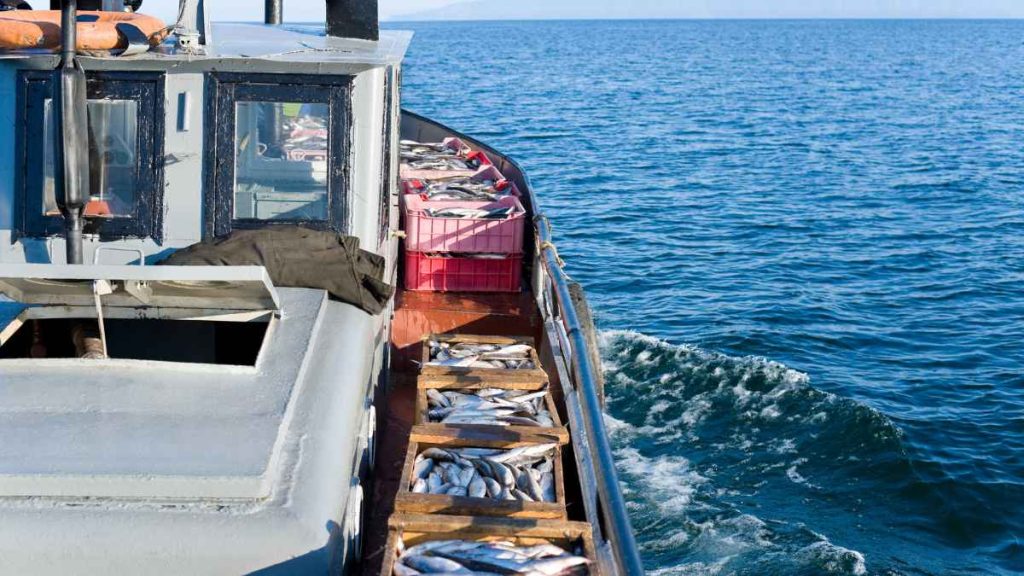The recent Annual EU Fisheries Council in Brussels has delivered a blend of good and bad news for the Irish fishing industry, according to the Seafood Ireland Alliance, which comprises five prominent fishing organisations. While the negotiations resulted in an approximate 4% increase in Irish fish quotas for 2025, industry leaders warn that this does not accurately reflect the overall situation, predicting a significant loss in the value of fish landed, estimated at around €7 million.
Key species for Ireland, such as mackerel and prawns, are set to face quota reductions of 16% and 13%, respectively, translating to a combined loss of €20 million in earnings. These declines are somewhat mitigated by increased quotas for haddock, monkfish, herring, boarfish, and horse mackerel, yet the overall sentiment among industry stakeholders remains cautious.
The Seafood Ireland Alliance includes the Irish Fish Producers Organisation (IFPO), the Killybegs Fishermen’s Organisation (KFO), the Irish South & West Fish Producer’s Organisation (IS&WFPO), the Irish South & East Fish Producers Organisation (IS&EFPO), and the Irish Fish Processors & Exporters Association (IFPEA). These organisations are committed to enhancing their collaborative efforts to effectively represent the interests of the fishing sector.
Aodh O’Donnell, CEO of the IFPO and a key participant in the Brussels discussions, expressed relief at the successful invocation of the Hague Preferences mechanism for mackerel, marking a significant milestone. He emphasised the importance of maintaining mackerel fishing levels to support coastal communities, particularly in Killybegs. O’Donnell called for the establishment of a dedicated Ministry for the Marine to advocate for the fishing industry’s interests and ensure effective negotiations with European partners.
A spokesperson for the Seafood Ireland Alliance stated, “While we have secured some positive outcomes, 2025 is likely to be another challenging year for the fishing industry. The significant cuts to certain stocks will continue to strain fishermen’s incomes, especially following the quota losses associated with Brexit.”
A key highlight from the Council was the application of the Hague Preferences for mackerel, herring, and whitefish stocks, which acknowledges Ireland’s reliance on stocks fished within its waters. This mechanism ensures better quota allocations when overall designated quotas fall below a specific threshold. Notably, the invocation of Hague Preferences resulted in Ireland reclaiming 4,000 tonnes of mackerel, valued at approximately €8 million, which is crucial for the financial stability of the Irish pelagic fleet.
Conversely, the outlook for the whitefish fleet, particularly along the south coast, is less optimistic. Adverse scientific advice for species such as cod, haddock, pollack, and sole has resulted in minimal quota allocations for 2025, making operations in the Celtic Sea increasingly challenging. Fishermen may need to venture further afield to maintain profitability.
The spokesperson further explained the implications of the reduced quotas, citing the example of sole, for which Ireland’s allocation is under 33 tonnes for the coming year. Once this limit is reached, fishing must cease to avoid unintentional bycatch, a situation mirrored with pollock, which has a quota of just 48 tonnes.
Therefore, while the negotiations have yielded some positive outcomes, the Irish fishing industry continues to face significant uncertainties. The Alliance acknowledges the efforts of the Minister and his team throughout the negotiation process, urging continued engagement to navigate the complexities of an industry poised for yet another challenging year.


